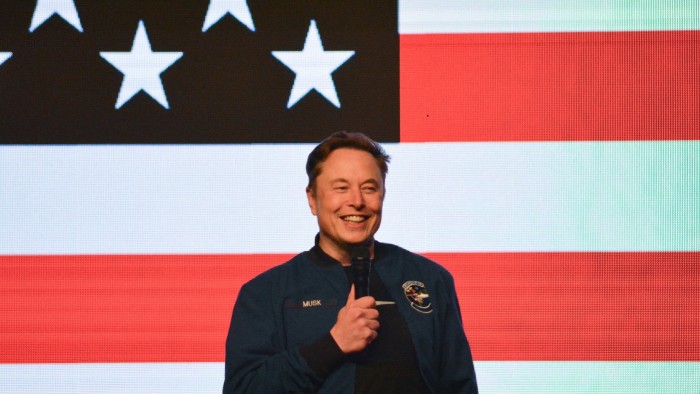Tesla’s Challenges Amid Political Distractions: An Overview
The electric vehicle industry leader, Tesla, has found itself navigating turbulent waters, especially following significant declines in its market valuation. Between December of last year and the first quarter of this year, Tesla lost approximately $800 billion in market value. Consequently, this substantial drop translated to a loss of about $100 billion in personal wealth for Elon Musk, the company’s co-founder and CEO.
Market Recovery Efforts
In recent weeks, there has been a slight rebound in Tesla’s stock prices. This uptick is partially attributed to Musk’s assurance that he would reduce his involvement in certain government initiatives, specifically distancing himself from his role in the Trump administration’s Department of Government Efficiency. However, his commitment to spending only a few days per week on governmental affairs remains a concern for stakeholders. Many boards and investors view this dual engagement as a potential distraction for a CEO overseeing multiple enterprises.
Political Engagements and Market Dynamics
While the administration has made moves such as relaxing regulations on self-driving technology, Musk’s ability to influence other pro-EV policies has been limited. This is evident in ongoing tariff disputes and policy reversals that could adversely affect Tesla’s market positioning.
Musk’s political engagements have also sparked consumer backlash. As he engages with far-right figures and movements, including showcasing content from controversial activists, consumer boycotts have emerged as a direct response to his political alignment.
Tesla’s Operational Concerns
Despite the noise surrounding Musk’s political activities, it is important to note that Tesla was already experiencing challenges prior to these distractions. The company reported a slight decline in global auto sales for 2024 compared to 2023. Furthermore, a significant portion of its revenue was generated through the sale of regulatory carbon credits rather than from actual car sales, a situation that raises concerns about sustainable profitability.
Moreover, Tesla’s product lineup, which has not evolved rapidly enough, has resulted in diminished consumer excitement. Competing firms, particularly in China, are advancing in innovation, often offering comparable features at lower prices. Local competitors responded with indifference to Tesla’s announcements of its “full self-driving” launch in China, as they had already introduced similar technologies.
Looking Ahead: A Focus on Innovation
Amid these challenges, Tesla has articulated plans to introduce more affordable models by mid-year and to launch its driverless robotaxi service. Musk has been optimistic, asserting that Tesla is on track to become the most valuable company globally, with ambitious projects like “Cybercabs” and humanoid robots on the horizon.
The company’s significant decline in value has left stock prices hovering at levels similar to those observed during the last presidential election. A reassessment using standard automotive industry evaluations suggests that much of Tesla’s current valuation hinges on Musk’s ambitious visions rather than concrete financial metrics.
Conclusion: The Need for Focus
While Elon Musk is deemed a pioneering force within the business landscape, it is crucial for him to concentrate fully on Tesla’s core operations. Splitting his attention across various political endeavors and numerous companies may hinder Tesla’s potential. If Musk truly wishes to advance Tesla’s goals, he may need to consider appointing a dedicated CEO to steer the company while he focuses on innovation and operational excellence.


